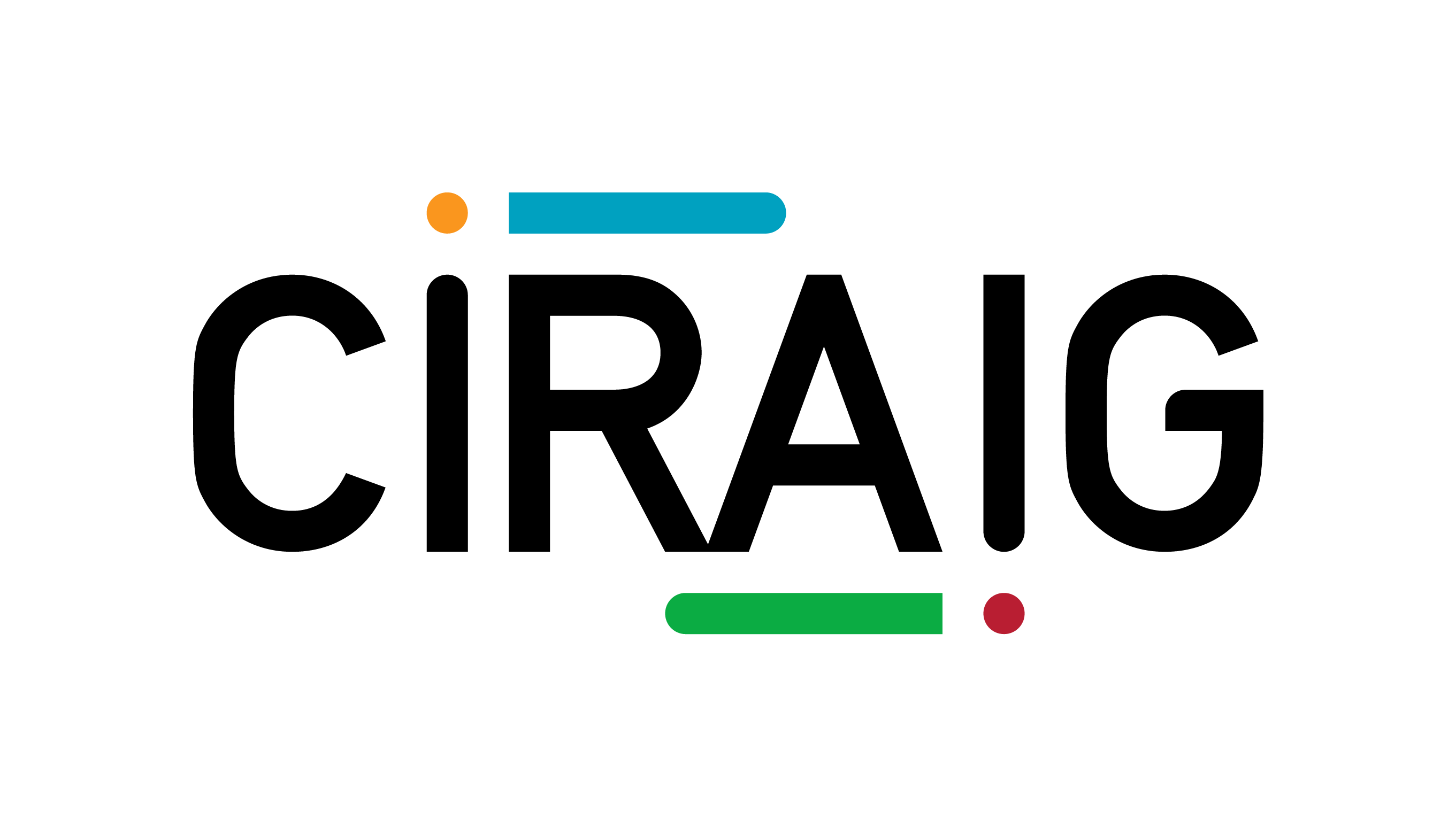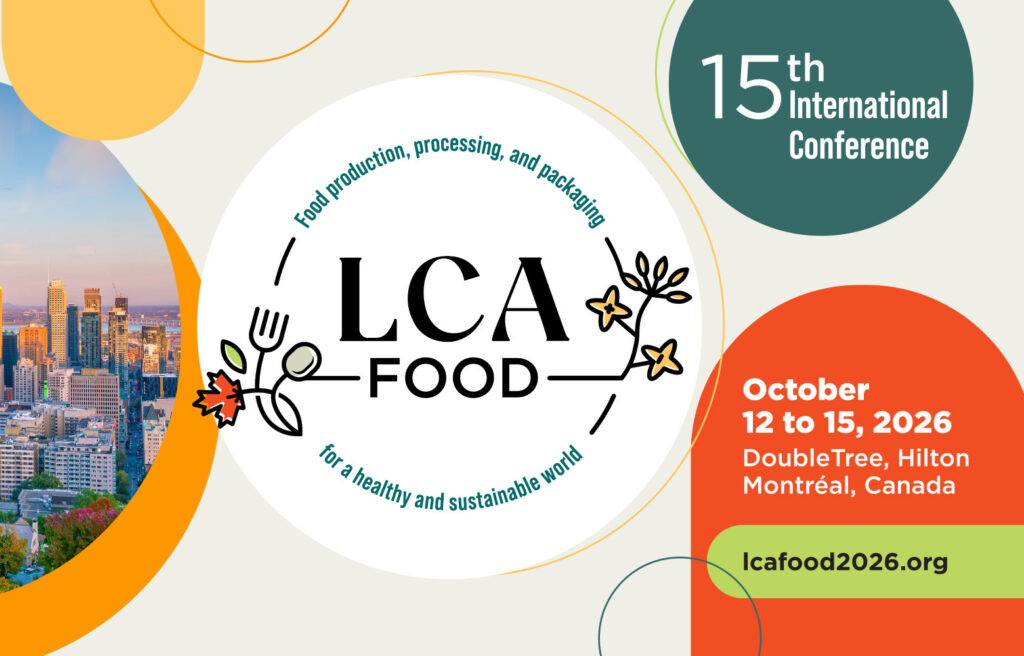Project
Development of a social capital protocol
This position paper puts forward a proposal by the World Business Council for Sustainable Development (WBCSD) for the development of a harmonized approach for businesses to measure and value their interactions with society: A Social Capital Protocol.


This position paper puts forward a proposal by the World Business Council for Sustainable Development (WBCSD) for the development of a harmonized approach for businesses to measure and value their interactions with society: A Social Capital Protocol.
While there are many tools and approaches for measuring social impact available, companies are increasingly calling for a single harmonized and broadly accepted approach which will:
Clarify best practice for business by providing a focal point for the development of best practice approaches, tools and standards for social performance measurement and management,
Scale up the positive social impacts of business by informing appropriate action throughout a company’s operations and supply chain,
Improve business credibility by providing a solid foundation for companies to report or disclose their impacts and dependencies externally, building on existing frameworks such as the International Integrated Reporting Framework.
This paper’s objective is to put forward the WBCSD’s proposal for a joint solution – the development of a Social Capital Protocol.
It outlines the need for action and proposes the development of a Social Capital Protocol as a solution. It outline the components of a Social Capital Protocol and what would be needed to deliver it, and features a number of member companies who are already leading the way in the space of measurement and valuation, including Alliance Trust, ArcelorMittal, BT, DSM, Holcim, J.P. Morgan, KPMG, Lafarge, Masisa, Nestlé, PWC,SABMiller, SCA, Schneider Electric, Sompo Japan Nipponkoa, and Veolia.
The paper also profiles initial partners and experts, and how they will contribute to the development of the Social Capital Protocol including The B Team, CIRAIG, The Global Impact Investing Network, The GrameenFoundation, IFC, the Initiative for Global Development, the Roundtable for Product Social Metrics, The Social Return on Investment Network, and the William Davidson Institute.
This proposal is already the result of valuable contributions from WBCSD members, partners, and peer reviewers, and we aim to provide a platform for further collaboration to make this proposal a reality.
In collaboration with
We use cookies on our website to give you the most relevant experience by remembering your preferences and repeat visits. By clicking “Accept”, you consent to the use of ALL the cookies.
Manage consent
Privacy Overview
This website uses cookies to improve your experience while you navigate through the website. Out of these, the cookies that are categorized as necessary are stored on your browser as they are essential for the working of basic functionalities of the website. We also use third-party cookies that help us analyze and understand how you use this website. These cookies will be stored in your browser only with your consent. You also have the option to opt-out of these cookies. But opting out of some of these cookies may affect your browsing experience.
Necessary cookies are absolutely essential for the website to function properly. This category only includes cookies that ensures basic functionalities and security features of the website. These cookies do not store any personal information.
Any cookies that may not be particularly necessary for the website to function and is used specifically to collect user personal data via analytics, ads, other embedded contents are termed as non-necessary cookies. It is mandatory to procure user consent prior to running these cookies on your website.
Your subscription could not be saved. Please try again.
Your subscription has been successful.





